How Unhealthy Junk Food Impacts Your Hair: The Surprising Link Between Diet and Hair Health
Introduction
In a world of fast food, processed snacks, and sugary beverages, the appeal of junk food can often be irresistible. However, indulging in these foods comes with consequences—beyond weight gain, increased risk of chronic diseases, and energy crashes, the effects of junk food can extend to something unexpected: hair health. But how exactly does a poor diet influence hair growth? Can those greasy burgers and sugary sodas really impact your hair? Let’s dive into the science of nutrition and hair growth, explore real-world examples, and look at ways to promote healthier, stronger hair through dietary changes.
How Nutrition Impacts Hair Growth
Hair is a rapidly growing tissue in the human body, and like every other part, it needs a proper balance of nutrients to maintain its growth and quality. Hair follicles, the tiny structures in our skin responsible for hair growth, are heavily influenced by what we eat. A balanced diet rich in essential vitamins, minerals, proteins, and healthy fats fuels hair follicles and promotes stronger, healthier hair. When the body lacks these nutrients, hair growth may suffer, leading to issues like hair thinning, breakage, and even hair loss.
What is Junk Food?
Junk food refers to food items high in calories, sugar, unhealthy fats, and low in essential nutrients. Common examples include:
- Fast food: burgers, fries, fried chicken
- Processed snacks: chips, candies, cookies
- Sugary beverages: sodas, energy drinks
- Refined carbs: white bread, pastries
These foods are typically high in refined sugars, trans fats, and artificial additives, which can negatively impact overall health—including hair health.
The Link Between Junk Food and Hair Growth
Let’s explore how key nutritional deficiencies stemming from a junk food-heavy diet can specifically affect hair growth.
1. Protein Deficiency
Hair is primarily composed of a protein called keratin. A diet lacking in quality protein can slow down hair growth and make hair more prone to breakage. While junk food often contains protein, it’s usually not in the form the body can efficiently use, and it’s often overshadowed by high fat and sugar content.
Real-world example: A study by the American Academy of Dermatology highlights that individuals with diets low in lean protein sources (such as beans, fish, and poultry) tend to experience brittle hair and increased hair loss.
2. Iron Deficiency
Iron is essential for carrying oxygen to the hair follicles. Without enough iron, the follicles can go into a “resting” phase, leading to hair shedding. Junk food diets often lack iron-rich foods like leafy greens, red meat, and legumes, making it easy to develop an iron deficiency.
Case study: A 2021 study in the Journal of Clinical and Diagnostic Research revealed that people with high intakes of processed foods and low intakes of iron-rich foods were more prone to conditions like telogen effluvium, a type of hair loss where hair prematurely falls out.
3. Vitamin Deficiencies (A, C, D, E)
- Vitamin A: Necessary for the production of sebum, the natural oil that moisturizes the scalp. A lack of vitamin A, often absent in junk food diets, can lead to a dry, flaky scalp and weakened hair.
- Vitamin C: Important for collagen production, which strengthens hair and improves elasticity. Junk foods lack adequate vitamin C, which can lead to dull, brittle hair.
- Vitamin D: Essential for hair follicle health. Deficiency is linked with alopecia, an autoimmune condition that causes hair loss.
- Vitamin E: Protects hair from oxidative stress. Junk food’s high levels of preservatives, however, are often associated with free radical damage.
4. High Sugar Intake
High-sugar diets can disrupt hormone levels, increasing insulin production and potentially causing hair loss. Increased sugar intake also leads to glycation, where sugar molecules bind to proteins, including collagen. This can weaken the hair shaft and make it more prone to breakage.
5. Omega-3 Deficiency
Junk foods are typically high in omega-6 fats and very low in omega-3 fatty acids. Omega-3s help nourish hair, support scalp health, and promote hair elasticity. Without enough omega-3s, the scalp can become dry, leading to inflammation and hair thinning.
Practical Ways to Improve Hair Health Through Diet
1. Increase Protein Intake
Consider adding lean proteins like chicken, turkey, eggs, and legumes to your diet to support keratin production. For vegetarians, tofu, lentils, and chickpeas are excellent sources of protein.
2. Opt for Iron-Rich Foods
Incorporate iron-rich foods like spinach, beans, and lean red meats into your meals. Pairing them with vitamin C sources (like bell peppers or citrus fruits) can enhance iron absorption.
3. Get Your Vitamins
Eat a colorful diet with plenty of fruits and vegetables to ensure you’re getting adequate vitamins A, C, and E. For vitamin D, consider spending a bit more time in sunlight and consuming fatty fish like salmon or fortified foods.
4. Cut Down on Sugary Foods
Minimizing sugar intake helps stabilize hormone levels and reduces the risk of insulin spikes. Replace sugary snacks with fruits or healthy fats like nuts and seeds, which offer nutrients beneficial for hair.
5. Balance Omega-3 and Omega-6 Fats
Try to balance your omega-3 and omega-6 intake by adding foods like flaxseeds, chia seeds, walnuts, and fish into your diet, which are rich in omega-3 fatty acids.
Real-World Success Stories
Example 1: Sarah’s Story
Sarah, a 28-year-old woman experiencing hair thinning, decided to overhaul her diet after struggling with hair issues for years. By switching from a fast-food-heavy diet to one rich in lean proteins, leafy greens, and omega-3 fats, she saw remarkable improvement in her hair thickness and scalp health within six months.
Example 2: Mark’s Journey
Mark, a college student, was an avid fan of energy drinks and processed snacks. After noticing significant hair loss, he consulted a nutritionist who advised him to reduce his sugar intake and add more whole foods. Over time, he saw reduced hair shedding and increased hair shine.
Frequently Asked Questions
Conclusion: The Power of a Healthy Diet for Strong Hair
In the end, hair health isn’t just about shampoos, serums, and conditioners—it’s deeply connected to what you eat. Junk food may satisfy your cravings in the short term, but in the long term, it can lead to nutrient deficiencies that affect your hair’s health and growth. By choosing nutrient-dense foods and cutting back on processed snacks, you can support hair growth from the inside out.
Takeaways for Readers:
- Avoid processed foods: Stick to whole, nutrient-rich foods.
- Prioritize lean proteins: Support hair structure with essential protein sources.
- Watch your sugar intake: Keep hormones balanced for optimal hair growth.
- Supplement wisely: If you’re struggling to get certain nutrients, consider supplements under a doctor’s guidance.
A healthy diet can make a significant difference in your hair’s appearance, thickness, and resilience. Small changes can lead to long-term benefits not only for your hair but for your entire well-being.
For more insights into how a balanced diet can improve overall health, check out our Essential Health Foods Archives. Our comprehensive guides explore a variety of nutrient-rich foods that support both your hair health and overall well-being, helping you make smarter choices for a healthier lifestyle. Dive in to learn more about the foods that nourish your body from the inside out!
For further reading on the science behind hair growth and additional tips on how to enhance hair health, check out this informative article from Healthline: What Makes Hair Grow?. It provides expert insights into the factors that influence hair growth, along with practical advice on how to support healthy hair from the inside out.
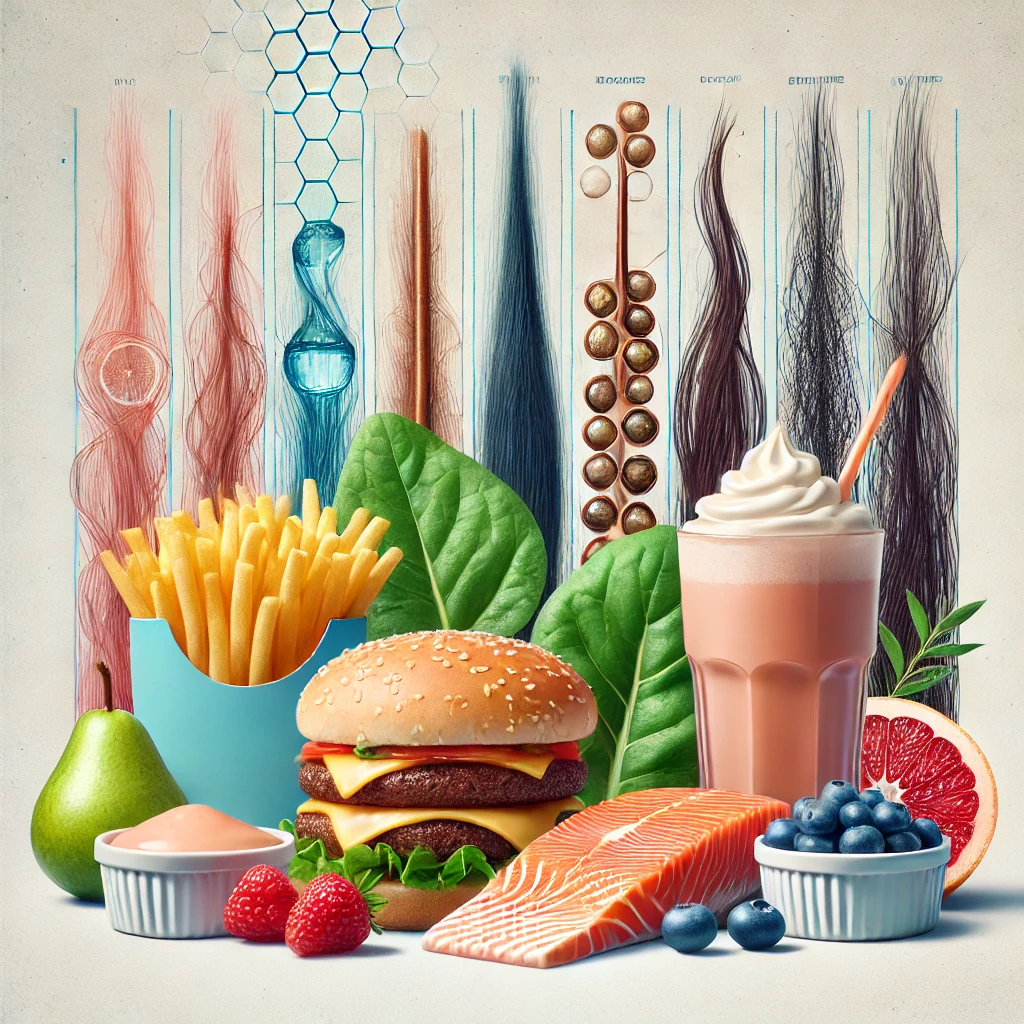
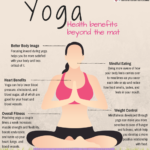
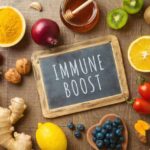
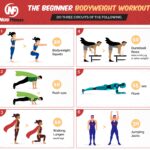
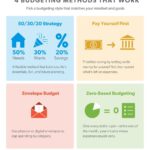
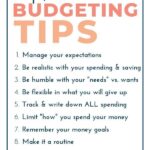
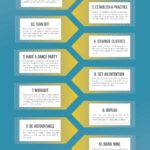
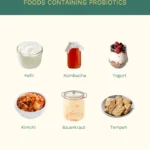
🌟 Stellar composition! Sprunki Incredibox shines in your creative constellation.
Outstanding analysis! While exploring AI tools, AI Kiss stands out for its perfect simplicity.
While analyzing player motivation systems, the Sprunki Dandy’s World mod offers unique insights into rewarding experimental approaches.
Your insights are game-changing! Have you experienced Sprunky? It’s where dreams become sound.
Digital beat democracy! Spunky Game engineers musical accessibility through play. Your breakdown of Sprunki’s real-time collaboration features shows technical prowess!
Dice games always offer a perfect blend of luck and strategy, and platforms like Jili7 elevate the experience with AI-driven insights – making every roll more engaging!
Great breakdown! Strategic thinking at the table is crucial, and platforms like SuperPH11 add real value with their diverse game selection and solid betting options. Definitely food for thought.
Online gaming platforms like JiliOK offer more than just entertainment-they tap into psychological triggers that keep players engaged. It’s fascinating how AI-driven insights can subtly influence decision-making and enhance user experience.